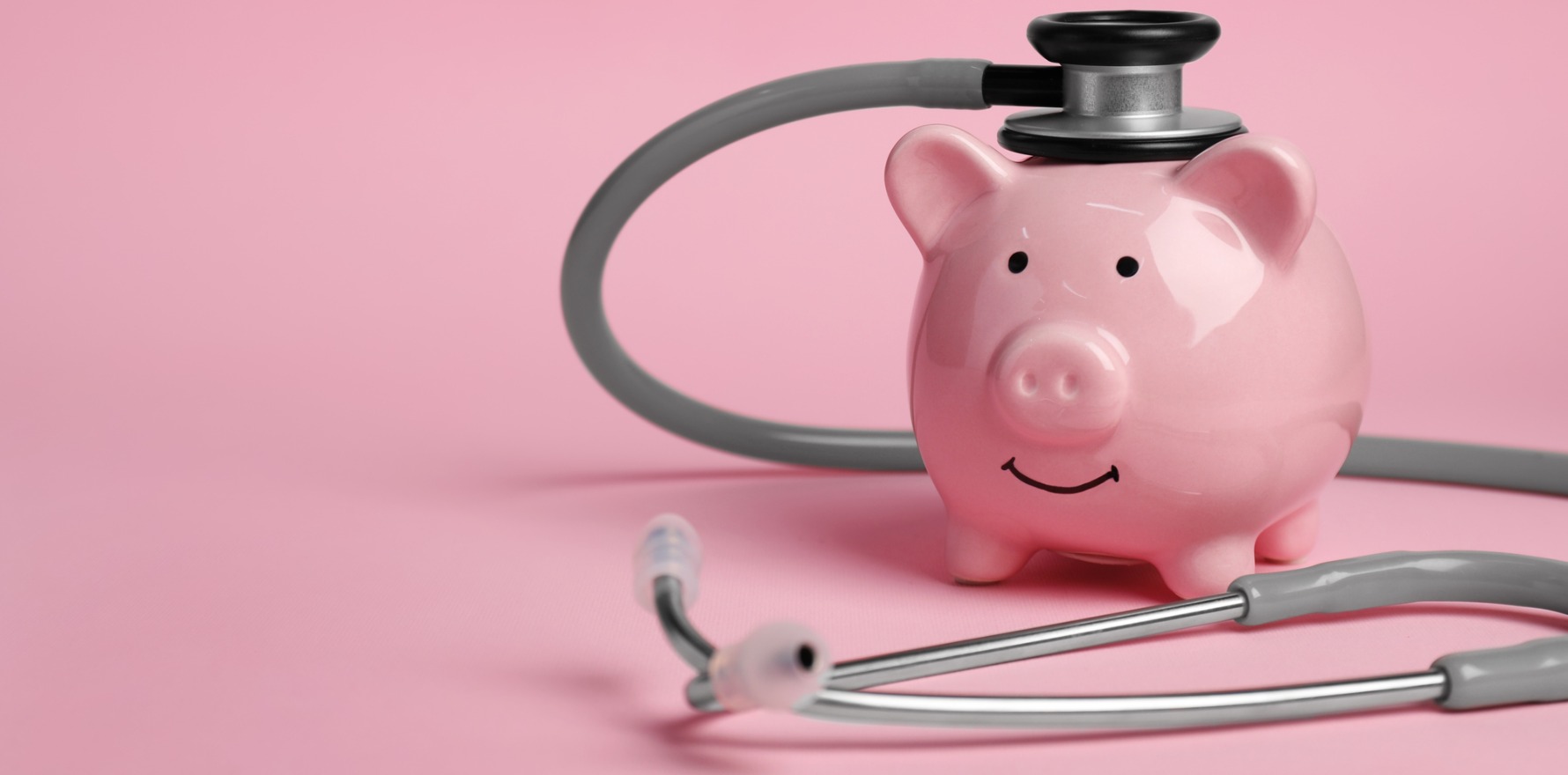The RACGP’s pre-budget submission urges a doubling of investment in the WIP – Practice Stream to incentivise GP clinic pharmacists.
The RACGP is calling for dedicated funding to get pharmacists working in general practice, as efforts ramp up to expand allied health scope of practice.
Part one of the RACGP’s budget wishlist, released today, outlined five funding priorities that specifically aligned with the goals of the Strengthening Medicare Taskforce Report and focussed more on increasing access to GPs.
Parts two and three will be released in the coming weeks and will focus on workforce and research, respectively.
Three of the five initiatives included in this week’s release tread familiar ground, including the recommendations for a 20% increase to long consults and mental health items, as well as one for bundled payments via MyMedicare to support coordination of care for elderly patients with multiple comorbidities.
The remaining two were somewhat novel: introducing funding to support universal annual child health checks for all Australians aged five and under, and an increase to the Workforce Incentive Program – Practice Stream specifically to support pharmacists working in general practice.
This last recommendation would require the government to double its planned investment in the WIP to $890.2 million over five years, working out to $178m per year.
“Having a pharmacist in general practice allows them to work at top of scope … as part of a team to provide medication advice which is not [touched by] any commercial influence,” RACGP president Dr Nicole Higgins told The Medical Republic.
This would not only support continuity of care, Dr Higgins said, but also increase access to care for patients.
The RACGP’s recommendation came hot on the heels of the first scope of practice review discussion paper, which was released last week.
While the paper was only intended as a starting point for further discussion, it did make it clear that the reviewers consider that health professionals working to a “full scope of practice” will support a stronger primary care system.
Compared to the other items on the college’s pre-budget wishlist (based on the required annual investment as estimated by the RACGP), incentivising GP clinics to hire pharmacists works out relatively cheap.
There are two cheaper options.
Related
The first was expanding eligibility for Medicare health assessment items to include “discharge within seven days of hospital” at $63.4m.
The second was increasing the mental health rebates by 20% and decoupling focused psychological strategies from the Better Access initiative at a combined $61.6m.
“We know that the mental health item numbers are not being used,” Dr Higgins said.
“Time based item numbers [are used instead] because [mental health numbers] haven’t been valued under the MBS, so we need to ensure that there’s an increase in those Medicare rebates.”
Universal child health checks would come at an estimated cost of $838m per year, while increasing the patient rebate for all Level C and D consults by 20% would cost $373.8m per year.
The most expensive recommendation was for bundled payments to support coordination of care for elderly patients via MyMedicare, which would work out to $1.3bn in the first year and grow to $2.1bn in the third year.
There are four more months until the May budget is handed down, and Dr Higgins said the college was hopeful that there will be money in the coffers for primary care.
“Last year’s budget was a down payment,” she said.
“We need to continue that momentum to keep the oxygen supply to general practice.”





